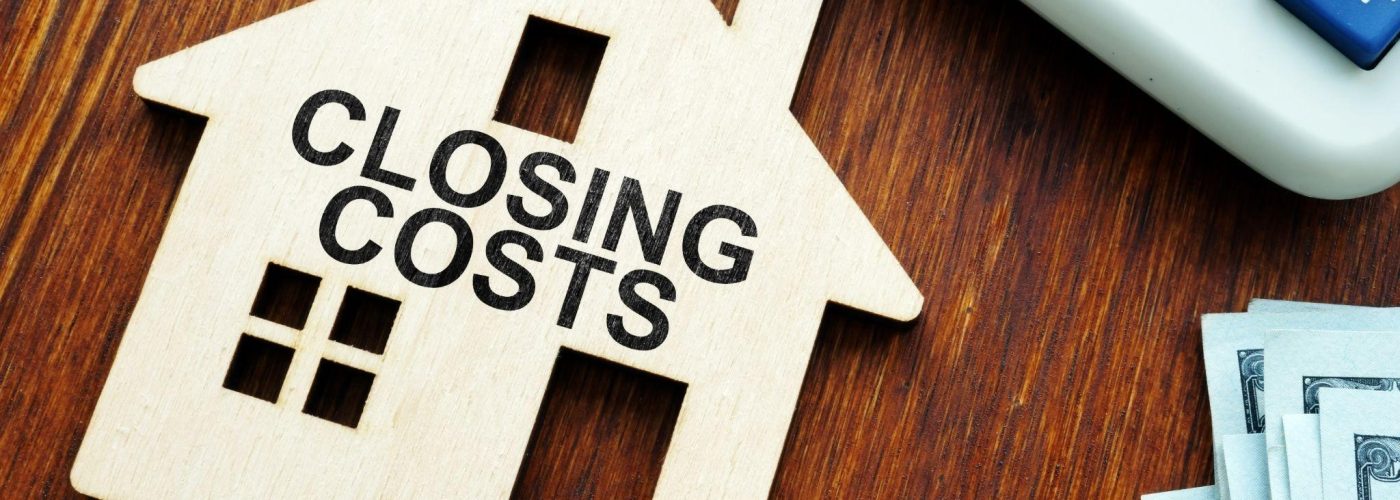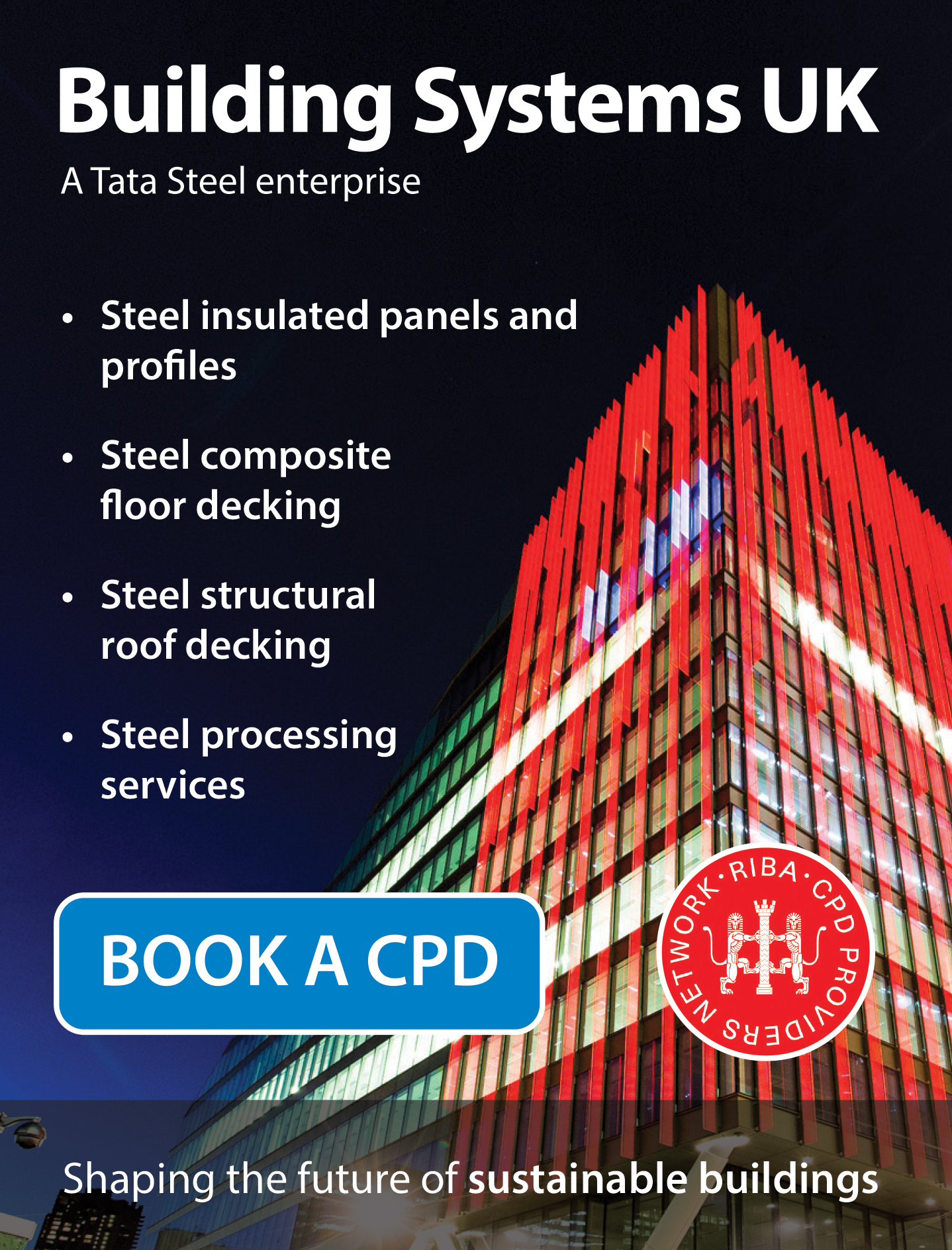Buying a house is one of the largest investments for many people. Housing prices are high, and many regular people have to save for a down payment for a few years before they can purchase a house. When they start looking for properties, they also realize that there are closing costs that must be paid for at the time of closing the deal. Even though many people are aware of the costs, some may be surprised how much exactly they are charged for the closing costs. Especially when moving from one state to another, it is important to be ready for the changing fees that will affect the costs of closing on a deal. For this reason, calculating closing costs may be very beneficial for buyers to estimate and prepare for the payment.
On average, a buyer should expect to spend 2% to 5% of the house price on the closing costs. On the other hand, this may be a large range in dollar amount if a buyer is looking for a property in a high-density area such as New York or San Francisco. For example, if a buyer is looking at a property for $800,000, then they should expect to spend on closing costs from $16,000 to $40,000. Finding an extra $26,000 for closing costs in a short time frame may be problematic for many buyers, so it is important to estimate how much they should expect to pay for these costs more precisely. Because of this, it might be beneficial to understand what closing costs include and see how a buyer can save on the items listed in them.
Closing Costs Breakdown
The items included in closing costs may be categorized in different ways. For the purpose of this article, which is to understand how much a buyer should expect to pay in closing costs and whether it is possible to save on some of these costs, the costs can be categorized into negotiable and non-negotiable.
The negotiable part of the closing costs usually consists of the services that third parties provide to buyers and sellers during the deal process. These services may include the following: title insurance, lawyer fees, loan origination fees, home inspection fee, etc. These fees are charged by private companies that compete with each other. The presence of competition allows the buyers to have some power over the price they charge, so if a buyer feels like the price for a certain service is too high, it might be possible to negotiate the price down. This allows a buyer to lower the final price by negotiating closing costs.
There are also a few non-negotiable fees that a buyer will have to pay regardless of whether they think it is a fair price or not. These fees include an appraisal fee, prepaid interest on a loan, property tax, and HOA fees when applicable. The good news is that these fees usually take up around 30% of the total closing costs, which means that around 70% of the closing costs can be negotiable.
Who Pays the Most Closing Costs?
Even though many fees can be negotiated with the service providers, if there is not a lot of competition for providing these services on the market, the fees may be very high and very difficult to negotiate. Because of that, different states may have different closing costs, so a buyer should consider market conditions specific to the state they are planning to buy a house in. Of course, it is also important to understand that the fees charged for many services are based on house characteristics such as house price or square footage. Since there is a large difference in house prices between the states, it is important to look at how much closing costs a buyer should expect to pay as a percentage of the sale price. Below, there are 5 states listed that have the most expensive closing costs as a percentage of an average house price.
Most Expensive Average Closing Costs by State:
- Delaware – 5.9%
The surprising part of this list is that Delaware is considered the most expensive state for closing costs as a percentage of the sale price. This is due to high taxes applied at the purchase of the property. Taxes associated with buying a house may account for up to 80% in Delaware.
- Pennsylvania – 4.21%
Pennsylvania usually has the second-highest closing costs in the country which are lower than the average closing costs in Delaware by around 1.7%. It is important to note that it is only the average value. Some people may pay much more if they do not shop around for a better price.
- District of Columbia – 4.13%
A similar story with Washington, DC. They also have high state taxes applied to the buyers during the closing process. In addition to high closing costs, their properties tend to be priced much higher than the national average. To counter high taxes, DC has one of the lowest appraisal costs in the USA which is almost half as much as the highest paying states pay for such service.
- Maryland – 3.3%
Even though Maryland’s average closing costs are lower by quite a bit compared to the District of Columbia, the reason for such high closing costs is the same. The state government takes up a large portion of closing costs through taxes.
- New York – 3.01%
New York is also heavily taxed when it comes to the purchase of property. It is important to note that these taxes may increase very dramatically when a property price surpasses a certain amount. The tax itself also depends on what region an individual buys a house in. A property that is worth less than $700,000 in Manhattan may have to pay more in taxes than a property worth over a million dollars in the Bronx simply because they are located in different tax regions.
Regardless of where you live and where you decide to buy a property, there will always be some closing costs associated with the deal. It might be tempting to get a property as soon as you have enough money for the down payment, but buying a property is a long-term investment that will affect your life for a long time. Instead of getting the first property you can get your hands on, you should consider how you will pay for the mortgage and whether you will be able to sustain your lifestyle with the payments. It might be also beneficial to make sure that your risk as a borrower is low to get the best rate possible because otherwise, you may have to overpay thousands of dollars over the lifetime of your loan. It is important to remember that it is not possible to save as much money on closing costs as on acquiring an affordable and appreciating asset.





